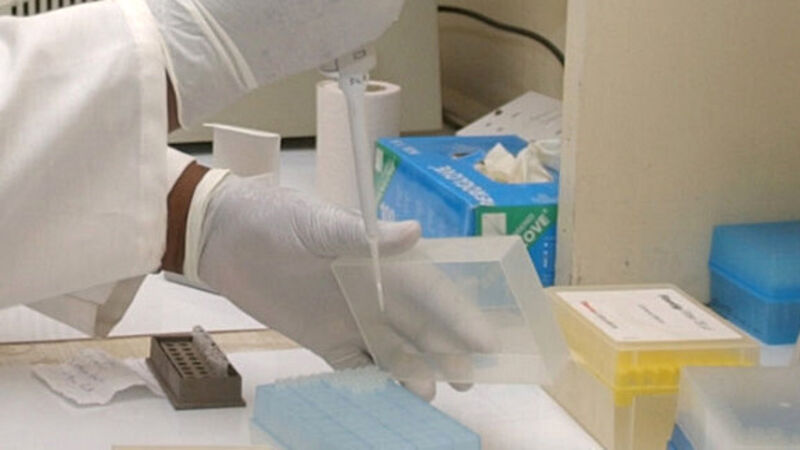Police want DNA from 527 in school rape case

The DNA dragnet started in La Rochelle, and prosecutor Isabelle Pagenelle said so far no one had refused.
She had warned that anyone who decided not to give a DNA sample would be considered a suspect and could be taken into custody.














